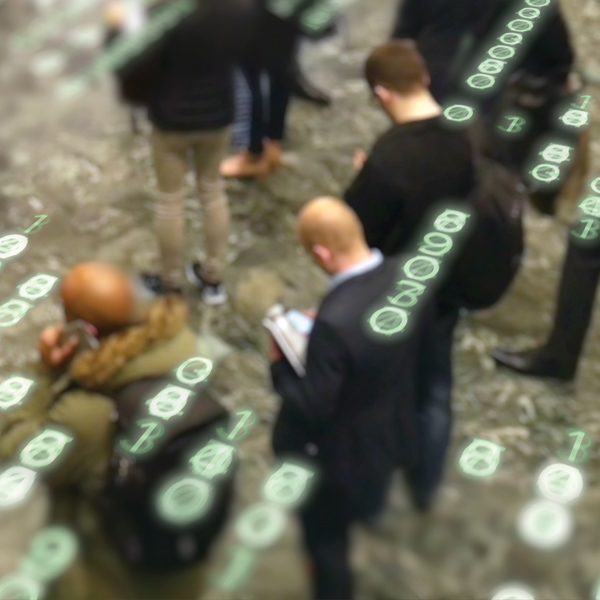Technology is bringing changes in our personal, civic, and professional lives – some welcome, some not. We have faster access to more data and can communicate more quickly with a wider audience. We are exposed to a broader range of opinion and thought, and can choose to engage with it at greater personal convenience.
But sometimes we can feel overwhelmed by the amount of information. We have questions about its accuracy. We wonder how new technology will affect institutions and decision making processes that we trust. And we have a breathless sense that the rate of technological change may accelerate faster than our capacity to comprehend its effects.
Over the last few years,the Board and staff of the MacArthur Foundation have been exploring the implications of the digital age. We are engaged in a continuous and purposeful meditation on technological innovations and their possibilities for all the work we do.
Our working hypothesis is that the digital revolution will rank with the invention of the printing press, the telephone, and the automobile as technologies that initiated transformative moments in modern history. It will take a while to appreciate this fully and adjust to the profound impact of the digital age. And it will take concerted effort.
While it is common these days to marvel at the effects of technology on our lives, the scale and scope of the changes may be even greater than we realize. Consider these arresting data points:
- The power of computers will continue to double every two years or so into the foreseeable future.
- There are over 1 billion Internet-users worldwide – a number expected to double in the next five years.
- One-third of American homes have broadband Internet access. Rates are even higher elsewhere: half of Japanese households and two-thirds of South Korean homes have broadband, at more than ten times the speed of the average US connection.
- There are over 75 million sites on the WorldWideWeb; 17.5 million new websites were created in 2005.
- There are over 30 million active blogs worldwide; some 75,000 more are added each day.
- In 2002, more than five exabytes of information were produced throughout the world – the equivalent of 37,000 Libraries of Congress.
- There are nearly 2 billion cell-phone users worldwide, which means that almost one-third of the global population has a mobile phone.
The purpose of this essay is to describe how the MacArthur Foundation is approaching the challenges posed by these changes. We are especially interested in the effects that digital technologies are having on the way people think, learn, acquire and evaluate information they need. We want to know more about the influence of technology on the way people make judgments, interact, and form communities. And we want to understand how these technologies affect the way all of us understand and exercise democratic rights and responsibilities. The answers to these questions have important implications for most MacArthur programs, but especially for two areas of work where we have been active for decades: education and the media.
The Foundation is also examining how digital and other technologies can advance its program strategies,whether building healthy urban communities in the United States, protecting the environment in Peru, or advancing human rights in Africa. Quite deliberately, we have been supporting individuals, organizations, and institutions that are using new technology to improve the quality, scope, and impact of their work.
Here are some characteristics of this new age that have relevance for us.
- Information flows more freely from diverse sources and remote places.We need help in judging its credibility and finding the knowledge we seek.
- The new age requires multiple forms of intelligence:visual literacy and critical thinking are more important than ever.
- The volume and variety of information available puts a premium on the human capacity to synthesize and juggle multiple tasks.
- People now learn more by doing – and from each other – than previously. Today's students expect more interaction, experimentation, and exchange. Our schools and universities, teachers and professors, must be prepared to meet these expectations.
- Traditional norms, personal identity, and accepted political units do not always carry into in cyberspace, raising questions about social interaction, trust and governance, accuracy and value. We expect choices that are not always mediated by an acknowledged authority or institution.
- While our capacity to communicate has increased exponentially,having the ability to individualize our news experiences may narrow, rather than broaden, exposure to diverse ideas.
In this essay, I will describe how MacArthur's approach to major programs in education and media is being recast. Then I will discuss how technology is advancing existing strategies across the full spectrum of MacArthur's work worldwide, offering examples from our programs in the environment, population and reproductive health, and urban revitalization, among others.
Download the PDF to read the full publication.



